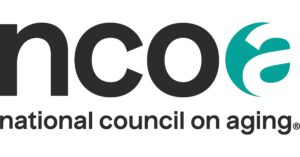Data resource details causes, health implications of sleep deprivation
Editor's Note
An advisory published March 7 by The National Council on Aging (NCOA) offers newly updated information details the impact of sleep deprivation on health as well as the causes and warning signs of the most common sleep disorders.
According to the publication, 35.5% of American adults reported sleeping fewer than the recommended minimum of seven hours in a 24-hour period, putting them at increased risk for diabetes, obesity, heart disease, cancer, and even death. Causes of sleep deprivation range from personal obligations to work-related concerns to medical problems. According to state-by-state data, the extent of the problem also varies by location, with Minnesota and Vermont residents getting the most sleep and Hawaiians getting the least. Other highlights include:
- 5% of adults report feeling tired or exhausted most days.
- In addition to higher risk of metabolic, cardiac, and other conditions, affects of sleep deprivation include mood changes (irritability, anxiety, lack of motivation); poor performance (attention deficits, poor coordination and reaction times, etc.).
- The most common sleep disorders are insomnia, sleep apnea, hypersomnolence, narcolepsy, and restless leg syndrome
- About 30% of adults have symptoms of insomnia, with 10% having insomnia that impacts their daily activities.
- Sleep apnea impacts 9%–38% of the general population.
According to the report, the “bottom line” is that “Good sleep supports your brain performance and mood and can decrease your risk for many diseases and disorders, like stroke, obesity, and dementia.” As such, it should be prioritized for optimal health and well-being.
Read More >>

 Free Daily News
Free Daily News